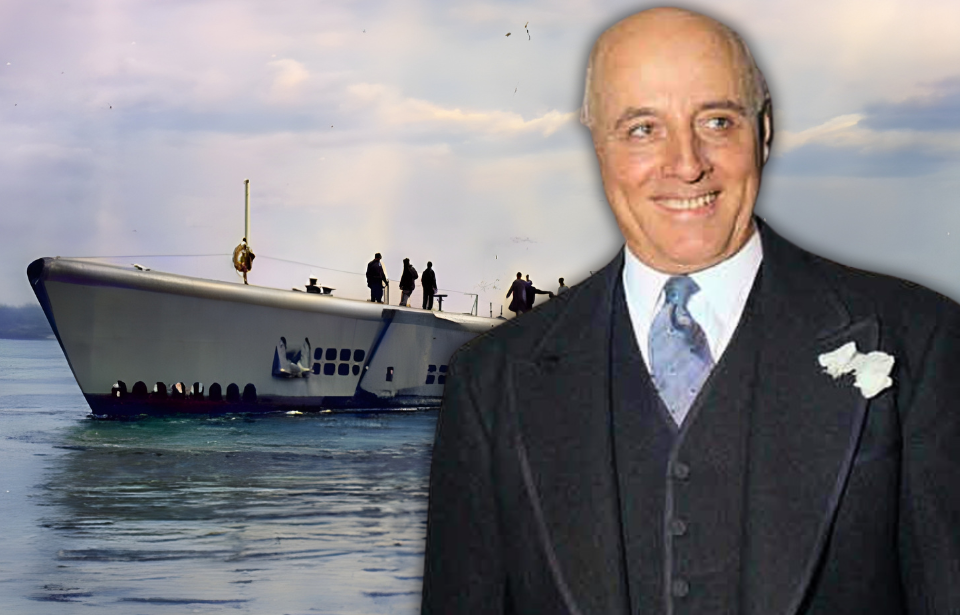Certain military information is classified for a reason: to prevent it from falling into enemy hands. Unfortunately, Congressman Andrew May failed to grasp this. In a disastrous press conference, he disclosed sensitive details that likely led to the loss of around 10 submarines and the deaths of 800 US Navy crew members.
The May Incident
The United States Navy was known for its successes following the country’s entrance into WWII. Despite Japanese attempts to sink their vessels, the Allied forces managed to evade their attacks. This was because, at the time, the Balao-class of submarine could dive to depths of 400 feet, deeper than the Japanese set their depth charges.
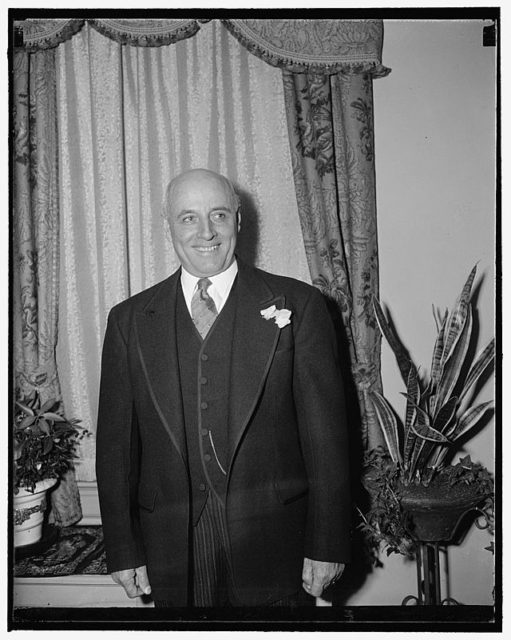
In 1943, Andrew May, chairman of the House Military Affairs Committee, embarked on a tour of American military areas in the Pacific Theater, during which he was privy to a host of sensitive war-related information. When he returned that June, he held a press conference, where he revealed that American submarines only had a high survival rate because the Japanese charges were exploding at too shallow a depth.
This information was sent across press wires and published in publications across the US.
The fallout of a blabbermouth
“I hear Congressman May said the Jap depth charges are not set deep enough,” he said. “He would be pleased to know that the Japs set them deeper now.”
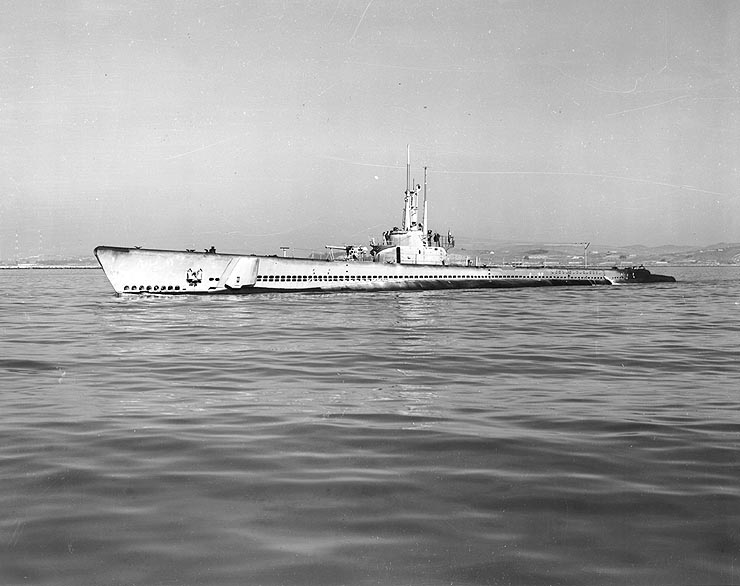
The Navy’s Pacific Submarine Fleet issued a report following the press conference, stating that Japanese anti-submarine warfare (ASW) forces had yet to learn the maximum depth US submarines could reach. However, it did not confirm if Japanese depth charge tactics had indeed changed due to May’s statements.
Alleged war profiteering
Andrew May’s career bore more than one stain; the disastrous press conference was just the beginning. Early in the war, he became involved with two New York businessmen, Henry and Murray Garsson. Although the Garssons had no experience in arms manufacturing, they saw an opportunity to profit from the US war effort by winning lucrative government munitions contracts.
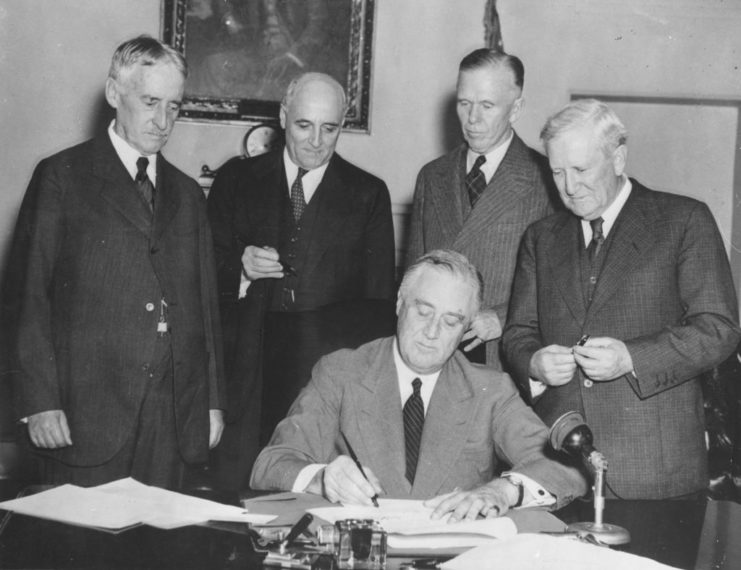
Acting on behalf of the Garsson brothers, May leveraged his position as chairman of the House Military Affairs Committee to reach out to Army ordnance officials and other key government contacts, securing war contracts, favors, and draft deferments. In exchange for his influence, he received substantial cash payments—a fact later uncovered by a Senate investigation after the war ended.
The investigation quickly snowballed into a major scandal, worsened by testimony exposing the Garssons’ profiteering and the dangerous flaws in their munitions. Investigators discovered that their 4.2-inch mortar shells had defective fuzes, leading to premature detonations, which were believed to have caused the deaths of 38 American servicemen.
Paying for his actions… Maybe?
The fallout for Andrew May’s many guffaws during the war included him losing re-election in 1946. He was then put on trial for federal bribery charges, and after less than two hours of jury deliberation was found guilty on July 3, 1947. Despite efforts to avoid incarceration, he was eventually sentenced to nine months in a federal facility.
Murray and Henry Garsson were also sentenced to prison terms.
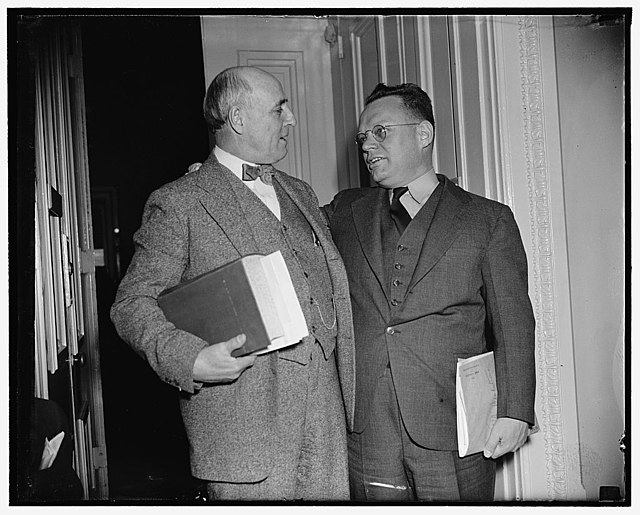
Are you a fan of all things ships and submarines? If so, subscribe to our Daily Warships newsletter!
Despite his be-smudged reputation, May continued to retain influence over politics within the Democratic Party. As such, he was able to secure a full pardon from President Harry Truman in 1952. He was, however, unable to revive his political career and thus returned to Kentucky to practice law until his death.
